VORICONAZOLE - ORAL
PHONETIC PRONUNCIATION: (VOR-i-KON-a-zole)
COMMON BRAND NAME(S): Vfend
GENERIC NAME(S): voriconazole
Uses
USES: Voriconazole is used to treat a variety of fungal infections. It belongs to a class of drugs known as azole antifungals. It works by stopping the growth of fungi.
How to use VORICONAZOLE - ORAL
HOW TO USE: Read the Patient Information Leaflet if available from your pharmacist before you start taking voriconazole and each time you get a refill. If you have any questions, ask your doctor or pharmacist. Take this medication by mouth without food (at least 1 hour before or 1 hour after meals) as directed by your doctor, usually every 12 hours. The dosage and length of treatment are based on your medical condition, response to treatment, and other medications you may be taking. Be sure to tell your doctor and pharmacist about all the products you use (including prescription drugs, nonprescription drugs, and herbal products). For the best effect, take this antifungal at evenly spaced times. To help you remember, take this medication at the same times every day. Continue to take this medication until the full prescribed amount is finished, even if symptoms disappear after a few days. Stopping the medication too early may result in a return of the infection. Tell your doctor if your condition does not get better or if it gets worse.
Side Effects
Precautions
Interactions
Overdose
Images
Reviews
Faq for VORICONAZOLE - ORAL
- Voriconazole is an antifungal medication used to treat and prevent fungal infections in the body. It is commonly used to treat serious infections caused by Aspergillus and Candida fungi.
- Voriconazole is usually taken by mouth, with or without food. It is important to follow the instructions provided by your doctor or pharmacist. Do not crush, chew, or break the tablets as it may affect the effectiveness of the medication.
- The common side effects of Voriconazole include visual changes, fever, headache, nausea, vomiting, diarrhea, and rash. Contact your doctor if any of these side effects become severe or bothersome.
- Yes, Voriconazole can interact with several medications, including blood thinners, certain antibiotics, anticonvulsants, antidepressants, and certain antifungal medications. Inform your doctor about all the medications you are currently taking to avoid any potential drug interactions.
- Voriconazole may cause serious interactions with certain medications, as well as possible liver damage, vision problems, and allergic reactions. It is important to discuss your medical history and any current medications with your doctor before starting Voriconazole.
- The duration of treatment with Voriconazole varies depending on the type and severity of the infection. It is important to complete the full course of medication as prescribed by your doctor, even if you start feeling better before the treatment is complete.
- Voriconazole is not generally recommended for use during pregnancy unless the benefits outweigh the risks. It is also not recommended while breastfeeding, as it can pass into breast milk.
- If you miss a dose of Voriconazole, take it as soon as you remember. However, if it is close to the time for your next dose, skip the missed dose and resume your regular dosing schedule. Do not take a double dose to make up for the missed one.
- Consumption of alcohol should be avoided while taking Voriconazole, as it may increase the risk of side effects and liver damage.
Disclaimer
IMPORTANT: HOW TO USE THIS INFORMATION: This is a summary and does NOT have all possible information about this product. This information does not assure that this product is safe, effective, or appropriate for you. This information is not individual medical advice and does not substitute for the advice of your health care professional. Always ask your health care professional for complete information about this product and your specific health needs.
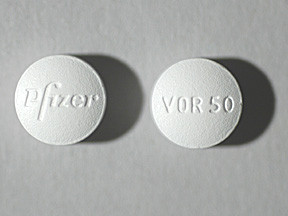
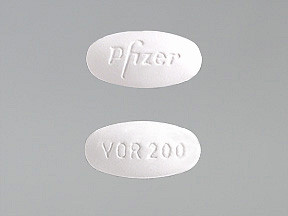
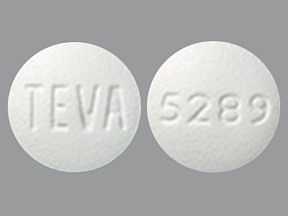
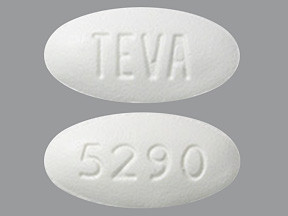
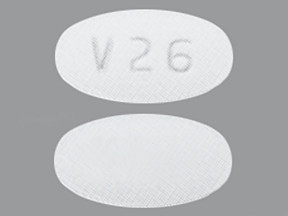
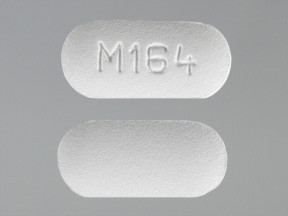
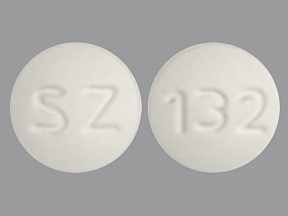
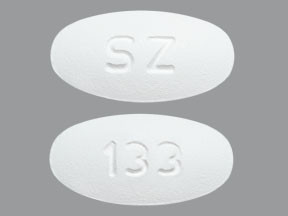
No Reviews Yet